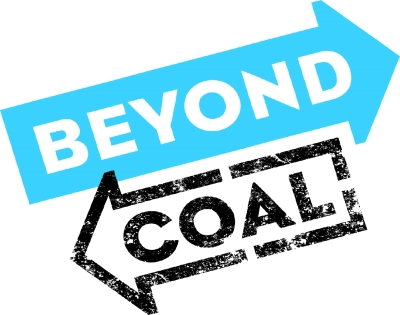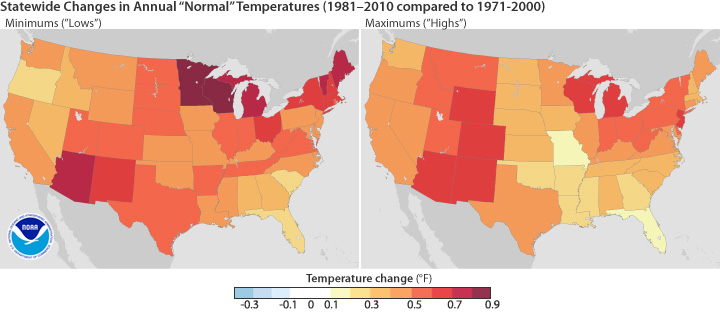Government conspiracy heat wave or no government conspiracy heat wave, this summer is setting records — not just record maximum temperatures, but also record minimums. On June 27, Oman recorded the world’s highest ever minimum temperature when the mercury failed to drop below 107.1 degrees F, even overnight. And that’s more important, in a global sense, than the record highs.
A few things too-often glossed over in discussions of what climate change is doing to temperatures the world over:
1. In many cases, nighttime minimum temperatures are rising faster than daytime maximums, narrowing the gap between average daytime and nighttime temperatures even as both rise. And here's an excellent map-based representation of what this is doing to the U.S.
2. It's nighttime temperatures, not daytime highs, that kill people.
The biggest concern for heat-related illnesses and deaths isn't during the daylight hours when temperatures can penetrate triple-digits, but rather overnight when the mercury doesn't fall below 80 degrees, said Zachary Thompson, Dallas County Health Department Director.
"Everybody normally focuses on that daytime temperature, but that nighttime temperature brings us to a deadly level that is a concern, because at night, there's no cooling off," he added.
This is the reason 5,000 people died in Paris in 2003. And the more people use air conditioning, the worse the urban heat island effect that kills people becomes.
3. Up to a point, higher daytime temperatures actually increase yields of rice, which is the staple food for billions of people. But higher nighttime temperatures decrease those yields. Like people, growing rice needs to cool off overnight.
Increasing nighttime temperatures are therefore a double threat, to both public health and food security, and they are rising faster than daytime highs. While new maximum temperatures grab the headlines, it's the record-breaking minimums that are more likely to be one of the four horsemen of the coming climate apocalypse.



